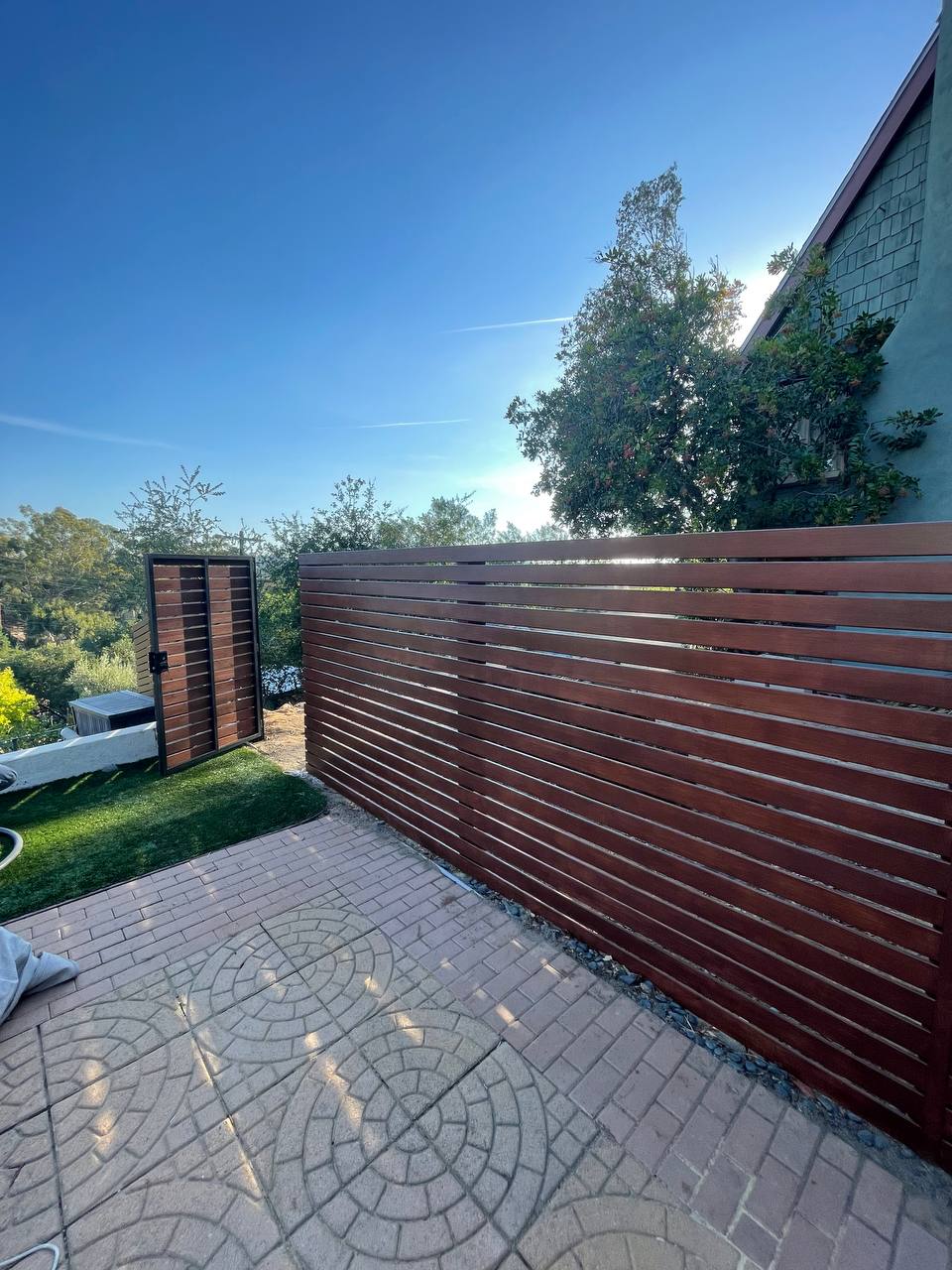Cost Estimation and Budgeting for Your Fence Installation

1. Assess Your Needs and Goals
Before calculating the cost of your fence installation, it’s crucial to understand your goals and requirements. Whether it’s for security, privacy, or aesthetics, defining your objectives is key. This information is valuable when searching for a “fence company near me” that aligns with your needs.
- Purpose: Determine why you need the fence, such as privacy, security, or safety for pets and children.
- Fence Type: Explore different options, such as wood, vinyl, metal, or chain-link fences, each with its own price range.
- Length and Height: Measure the length and decide on the height of the fence.
- Local Regulations: Check local zoning and homeowners’ association rules, which can impact your choice of materials and height.
2. Determine Material Costs
The material you choose has a significant impact on the overall cost of your fence installation. Your search for a “fence installation” should include suppliers for your preferred material.
- Wood: Wood fences offer a natural look, but prices can vary based on the type of wood (e.g., cedar, pine) and quality.
- Vinyl: Vinyl fences are low-maintenance and durable, but they can be more expensive upfront.
- Metal: Metal fences, like aluminum or wrought iron, provide durability and security but may be on the higher end of the price spectrum.
- Chain-Link: Chain-link fences are cost-effective and practical for many applications.
Research local suppliers and get quotes for your chosen fence material to determine precise costs.
3. Labor and Installation Costs
Unless you plan to install the fence yourself, you’ll need to budget for labor and installation. The cost of installation can vary based on factors such as fence type, terrain, and location. When searching for a “fence company near me,” request quotes from reputable contractors in your area.
4. Additional Costs
Besides material and labor, consider other expenses:
- Permits: Research if you need permits for your fence installation, as permit fees can impact your project’s cost.
- Gates and Accessories: Include costs for gates, latches, hinges, and other accessories in your budget.
- Maintenance: Think about long-term maintenance costs, such as staining or painting for wood fences or occasional cleaning for vinyl or metal fences.
5. Create a Detailed Budget
With estimates for all costs, create a detailed budget. Account for contingencies or unexpected expenses by setting aside a small buffer.
6. Get Multiple Quotes
To ensure you’re getting a fair price for your fence installation, obtain quotes from at least three reputable “fence companies near me.” Compare the quotes to your budget and choose the option that best fits your needs and financial situation.
7. Financing Options
If your budget falls short, explore financing options. Some fencing companies offer financing plans or loans specifically for home improvement projects.
8. Plan for the Long Term
Remember that a well-maintained fence can last for many years, so investing in quality materials and professional installation can save you money over time by reducing repair and replacement costs.
By following these steps and conducting a thorough search for a “fence builders near me,” you can ensure a successful and financially manageable fence installation project. Your new fence will enhance your property’s value and provide security and privacy for years to come.

Leave a Reply